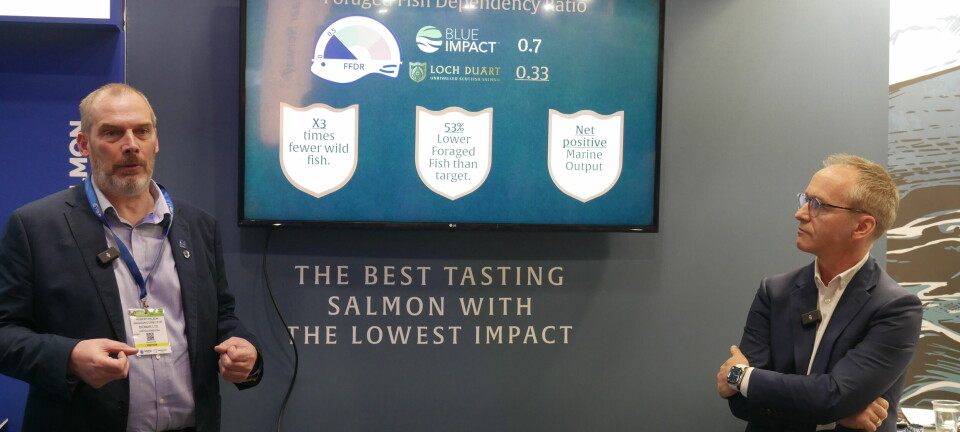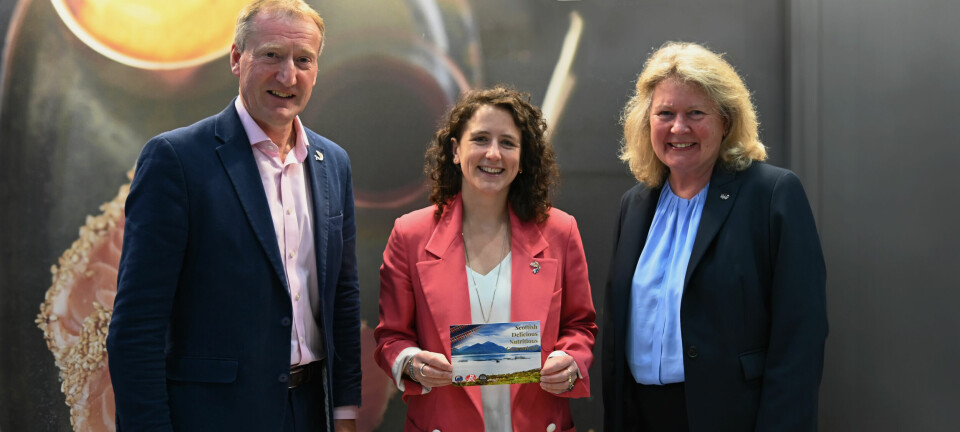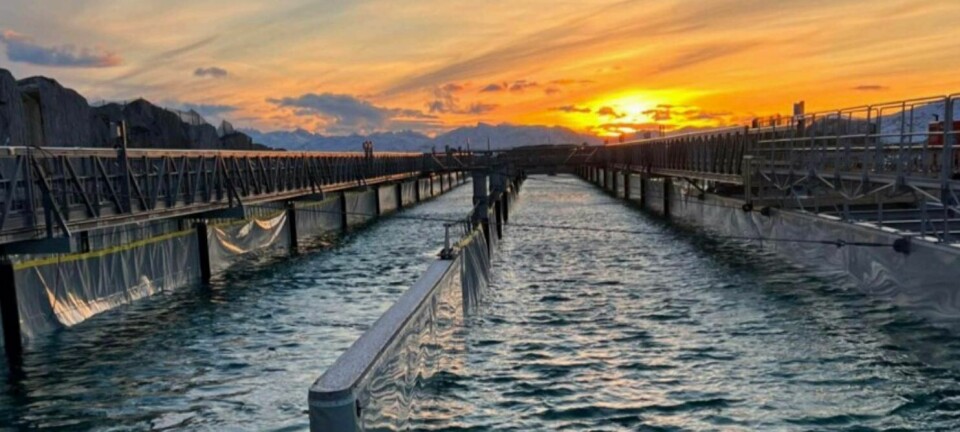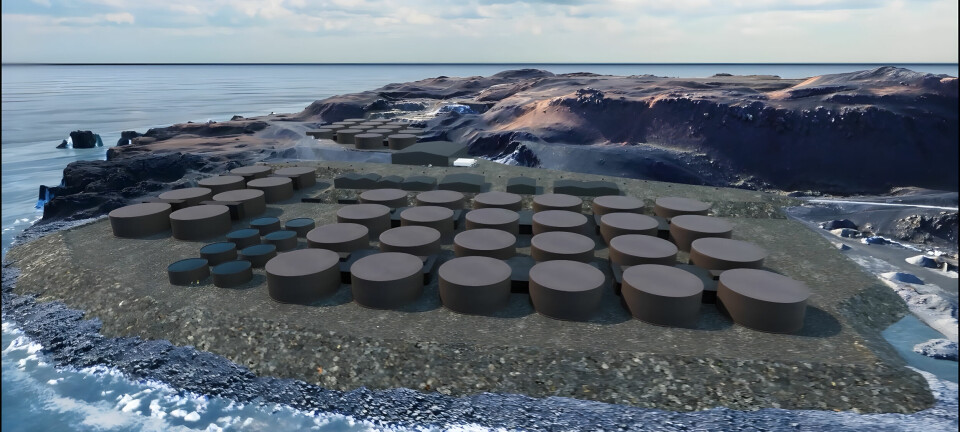
Planes keep an eye out for algae
Seaplanes are being enlisted to report any algal blooms that pose a threat to salmon farms, as well as take water samples, by Marine Harvest Canada in BC.
Hot summer months can be potentially bad news for salmon farmers - warmer temperatures result in high phytoplankton activity, leading to increased oxygen demand as fungi, algae and bacteria exponentially grow and then die off.
Coupled with the already lower oxygen solubility in warmer waters, these conditions can often result in low dissolved oxygen (DO) events, which cause considerable stress on fish. Moreover, the algae itself can also be problematic, especially during blooms of certain toxin-producing species, such as Pseudo-nitzschia spp.
Predicting these blooms can sometimes be a challenge and it is impossible to change their trajectories. However, when caught early enough, salmon farmers can deploy mitigation strategies to help reduce, or hopefully prevent, negative effects on their fish.
To protect its salmon against harmful algae blooms, Marine Harvest Canada has enlisted the help of local seaplane passengers and pilots.
Flights from around Vancouver Island cross many of the bays and inlets where salmon aquaculture sites are located. Plankton blooms are easy to spot from the air and, during high risk periods, MHC regularly charters seaplanes to carry out surveillance flights, landing to take samples if there are doubts about plankton species identification.
Pacific Coastal Airlines’ Wilderness Seaplanes and Corilair have agreed take water samples on MHC's behalf. Pilots may earn a spotter’s fee when dangerous blooms are identified, and salmon farms can benefit from this early warning.
MHC plankton expert Jay Pudota said that advance notice is so important to prevent fish mortality that Marine Harvest is considering novel ways of monitoring, such as enlisting the help of the flying public.
“We are grateful to the good pilots and staff of these airlines for helping us out,” Pudota said. “They will become our eye in the sky during these summer months, which is the busiest time for floatplane flights and also the worst time for algal blooms.”




















































